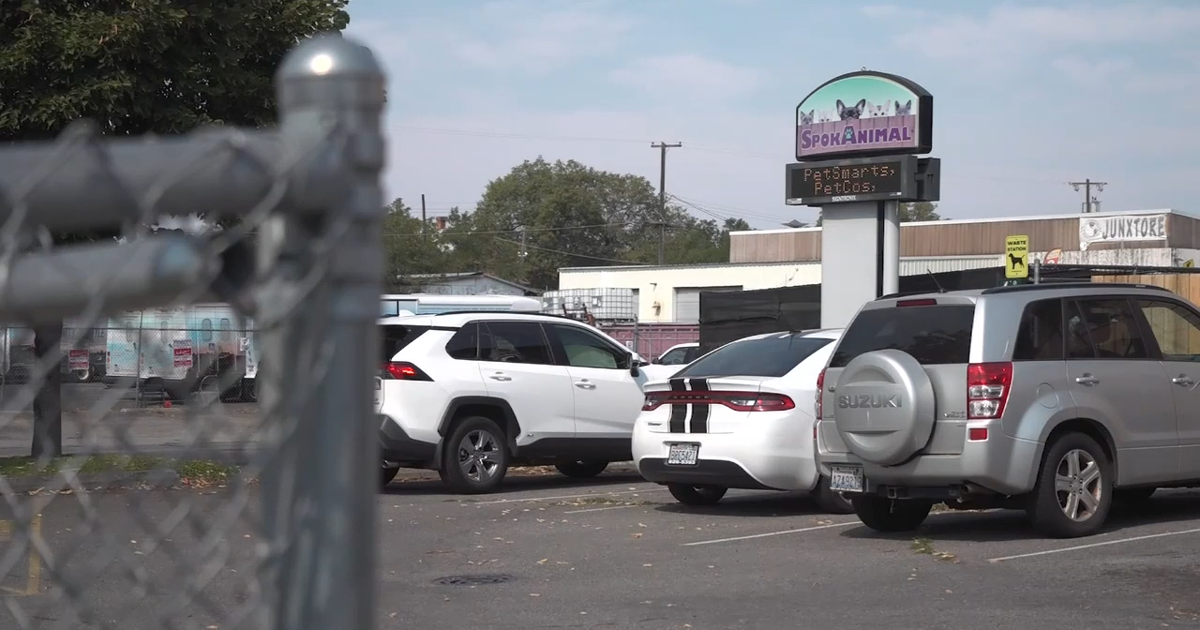
Residents of Chief Garry Park Celebrate City’s Decision to Abandon Addiction Treatment Facility Plans
Residents from Chief Garry Park, a vibrant neighborhood in Spokane, Washington, are breathing a sigh of relief following the City’s recent announcement to scrap plans for a Compassionate Addiction Treatment facility in their community. This decision comes after a concerted effort from local residents, business owners, and workers who joined forces to voice their concerns over the potential impacts on their neighborhood.
A Neighborhood United
On Thursday, the community coalition—comprised of concerned residents, dedicated business owners, and local workers—released a heartfelt statement celebrating the city’s decision not to move forward with purchasing a property on East Springfield for the proposed treatment center. The coalition’s message clearly conveyed their stance, highlighting their understanding and compassion for those struggling with addiction while emphasizing the need for community safety.
“We are greatly relieved by this news,” the statement read. “As we said from the beginning, we know that many in our entire community are afflicted by addiction, and we fully support individuals’ efforts to overcome it. However, those efforts should not come at the expense of the safety and well-being of the children and families in our neighborhood.”
The coalition’s statement reflects a growing sentiment among Spokane residents who feel overwhelmed by the concentration of addiction services in their area. They pointed out that Chief Garry Park is already home to several resources, including six service providers and the TRAC shelter, making the added burden of another treatment facility too much for the community to handle.
Addressing Concerns
The residents expressed gratitude to Mayor Brown and the Spokane City Council for actively considering the community’s feedback and for their decision to revise the plans. The coalition affirmed Mayor Brown’s assertion that “constructive dialogue is essential for progress.” They are hopeful this episode will lead to more inclusive discussions on how best to serve those in need, without compromising the community’s integrity or safety.
This situation highlights a critical balancing act that many cities face—providing necessary social services while also ensuring the welfare of existing residents. The dialogue in Spokane underscores the importance of equitable distribution of social services throughout the city, which is essential to prevent overconcentration in specific neighborhoods, leading to community strain.
Looking Ahead
To continue the momentum of community engagement, the coalition has announced an Emergency Community Meeting scheduled for tomorrow at 5 p.m. at 2025 East Trent. This gathering aims to thank community members and local elected officials for their involvement in the advocacy process. It will also serve as a platform to address ongoing issues impacting the neighborhood and discuss potential pathways for future community cooperation.
The Bigger Picture
The concerns raised by the Chief Garry Park coalition extend beyond their neighborhood. They tap into a larger discourse around addiction treatment, mental health resources, and the responsibility of city governments to listen to their constituents. Spokane’s experience may offer crucial lessons on how to approach community discourse, especially in light of the rising mental health and addiction crises faced by many cities across the nation.
As we see more communities across America grappling with similar issues, Chief Garry Park could serve as a model for how dialogue, transparency, and respect for community input can lead to decisions that benefit all stakeholders involved. The coalition’s victory is not just a win for them; it’s a vital reminder that community voices matter, particularly in discussions impacting public health and safety.
In an era where many struggle with the complexities of urban living and social services, the Chief Garry Park community’s proactive approach demonstrates the power of united advocacy. Their commitment to each other, as well as to those in need, showcases a strong foundation for future collaborations—the heart of an engaged and thriving neighborhood.
For updates on the community meeting and ongoing neighborhood issues, be sure to follow local news outlets and community groups. Community involvement remains crucial in shaping Spokane’s future, especially as it continues to confront pressing social challenges.


